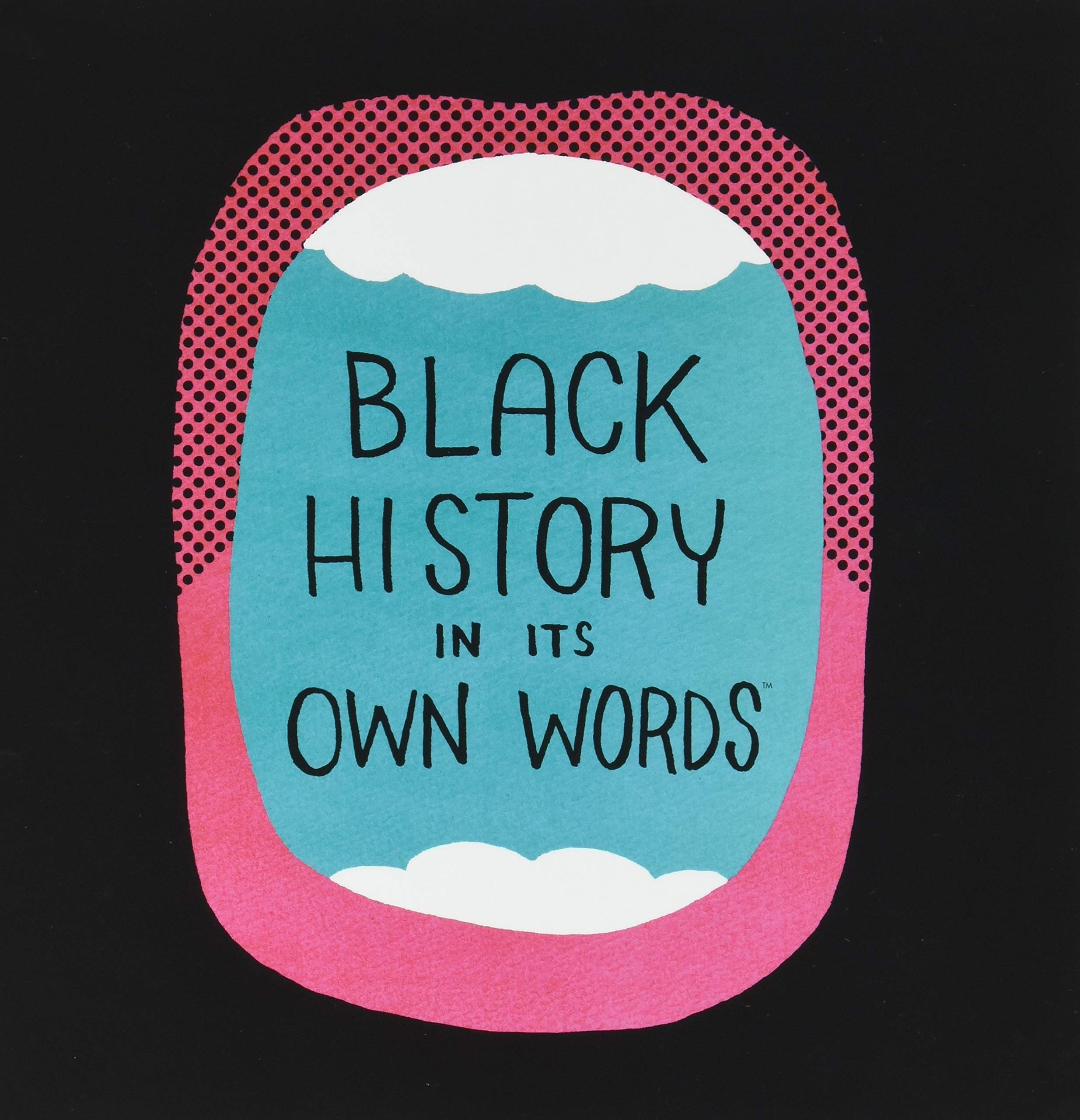We all have those artists whose work we keep intending to read, but somehow they keep getting put off for one reason or another. For me, that was Ronald Wimberly, specifically his book Prince of Cats. I knew that I had to fill that gap in my comics reading, and so this second Black Creator Spotlight centers on Wimberly.
Ronald Wimberly is an award-winning comics artist whose work includes the aforementioned Prince of Cats, Black History In Its Own Words, and the ongoing LAAB project. LAAB is, in the words of its most recent Kickstarter campaign: “An annual broadsheet magazine full of art, comics, criticism, interviews.” When I was working at Comicopia, we got a stack of the first issue, and I was very impressed with the cohesiveness, clarity, and design sense of the magazine. Wimberly brings together many voices to talk on issues that are important to him, including Black identity. I had never seen anything like it in comics, and haven’t seen anyone doing something similar, either.

I had read Wimberly’s Black History In Its Own Words a while ago, and I knew that I loved his artwork. I’ve since reread it for this post, and I have a more informed perspective on it in the face of current events and conversations around anti-racism. In short, the book is a compilation of portraits of influential Black people, accompanied by quotes that Wimberly found meaningful. Initially begun as a project for The Nib for Black History Month, Wimberly spun it out into a whole book to be published by Image Comics — drawings spanning three years of work. I especially appreciate that not all of the figures profiled are names well-known to the average white reader; Wimberly purposefully includes rappers, artists, and radical feminists in the mix of voices. I remember being surprised to learn that George Herriman, the creator of Krazy Kat, was a Black man; as in so many aspects of my life, I assumed a white default. When I first read this book, I think I considered it a cute quote book with exceptional artwork; now I realize that Wimberly was collecting a medley of Black voices for Black empowerment and reflection on Blackness. For me as a white woman, the book is an important reminder that even though it is not “for me,” there is plenty for me to learn from it, and from the wealth of influential Black figures both past and present.
Prince of Cats made me glad that I was forced to read Romeo & Juliet multiple times — a feat which middle and high school English classes could never achieve. Wimberly recasts the play with all Black characters, sets it in 1980s New York City, and centers his narrative on Tybalt. He mixes Shakespeare’s lofty prose with street talk in a melodious marriage that reinforces the Bard’s own sense of humor at times. (“Redeem thy kicks for thy skin.”) I found myself thinking of the 1996 movie adaptation of the play starring Leonardo DiCaprio a lot during this reading; Wimberly sets a stage that is more easily recognizable to a modern audience, and changes perspective to highlight the destruction of seemingly arbitrary demarcations of difference. The gang violence portrayed seemed much more real and pressing to me than the fruitless feud of the Montagues and Capulets in Shakespeare’s original play.

And of course, Prince of Cats is visually incredible. Because of time constraints, I borrowed a digital copy of the comic from my library, even though it is not my preferred method of reading comics. The digital version has a unique feature that forced me to read most of the comic panel by panel, instead of page by page. Generally I take issue with this, because I know that artists put as much effort into page and panel layout as the illustrations themselves, and I know from LAAB that Wimberly has a strong sense of graphic design; however, this allowed me to get a much closer look at the little details he puts in every drawing. I love his use of thick black lines, his sense of movement. I was especially excited by the visual references to Japanese culture, including a few specifically to Akira. Prince of Cats is a celebration of Shakespeare, but also of hip-hop, samurai films, animation, and Blackness. It’s not a straight adaptation, but rather a work that breathes new life and meaning into what can feel like a stale play to many readers. (But maybe I’m biased; I prefer Hamlet.)
Wimberly recently had a comic of his pulled from the New York Times for its “controversial” image of a burning cop car. This page was the end of a series of diary comics, and it is disappointing (to say the least) that the Times decided that Wimberly’s very real, raw emotions about police brutality were deemed inappropriate. For those who want to experience more of Wimberly’s personal comics, and his ongoing work through LAAB, you can subscribe to his Patreon (where membership levels are “Alibi,” Co-defendant,” and “Co-conspirator”), follow him on Instagram, and/or follow him on Twitter.
[Note: Wimberly does not have direct links to purchase Black History In Its Own Words or Prince of Cats through his own website or social media profiles. Instead of linking to their Image Comics pages, I encourage interested readers to get in touch with Amalgam Comics & Coffeehouse, a Black woman owned comic shop out of Philadelphia, PA. Their website says that Prince of Cats is currently out of stock, but many shops are willing to place special orders for customers. And regardless, they’re a good shop to support!]